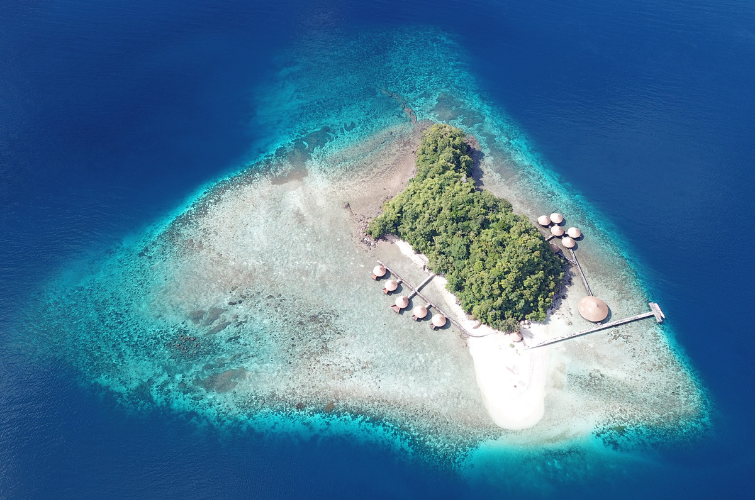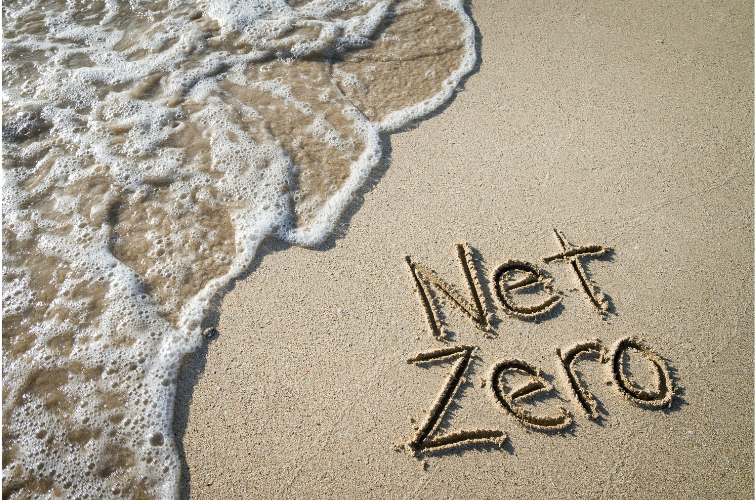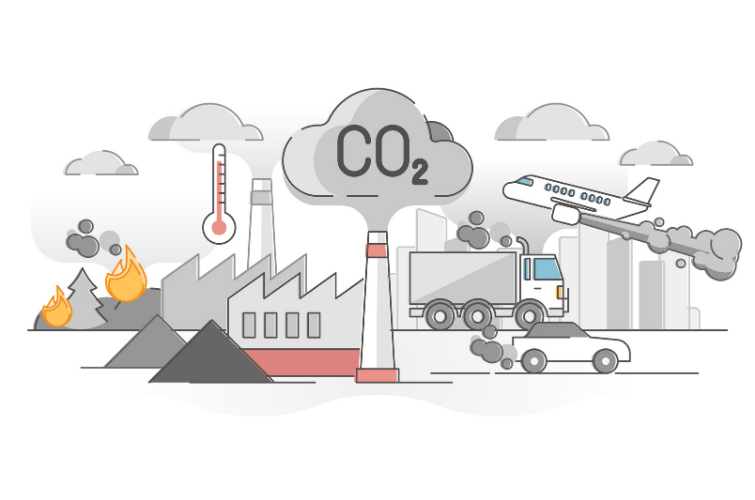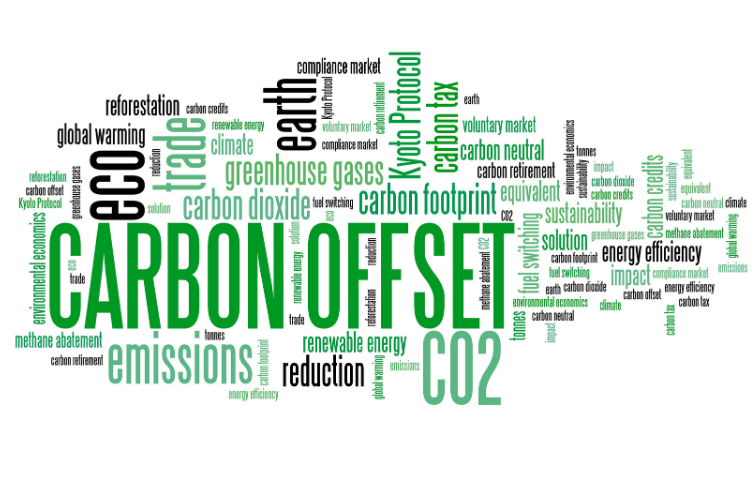Share This Article
Carbon offsetting is a phrase which is being increasingly used in the tourism industry. Travelers are looking for ways to reduce the impact of their own lives, particularly linked to travel. This is one part of the sustainability jigsaw, which is creating a competitive advantage for forward-thinking hotels.
Market research shows that adopting sustainability is the smart choice

It has often been said that one of the silver linings of the coronavirus pandemic has been the increased focus on the environment and the future of the planet. Businesses across all industry sectors are beginning to understand the importance of sustainability and adopting it as part of their core strategy. Countless market research reports are demonstrating that businesses who do so are seeing faster growth in their sustainable products and services.
This trend to offer more sustainable solutions is also due to the fact that consumers are looking to buy from purpose-driven brands. They want to vote with their wallet and choose to support businesses who are playing their part in creating a stable and fairer future. A recent poll run by The United Nations Development Programme (UNDP) with Oxford University questioned 1.2 million people across the globe in 50 countries across the globe, together accounting for over half the world’s population. They discovered that almost two-thirds of people believe that climate change is a global emergency.
The travel and tourism industry has a compelling incentive to be involved in the fight against the climate crisis. It is imperative that hoteliers, tourist attractions, cultural/heritage organisations and tourism associations work together to ensure that those very destinations which attract guests are protected. This is where carbon offsetting has a role to play.
The hospitality industry is a people business – not just the people it welcomes as guests but also the people who work in the hotels and residents in the local hosting community. It is just as important that these people are able to thrive as well.
Is your business ready to grasp this opportunity?
Reputation is more important than ever
In today’s marketing world with social media, fast moving news and growing activism, it is vital that brands are transparent and tune into the mood of their target audience. Being honest about your sustainability goals and achievements is crucial. Sustainability is a multi-layered discipline – it is a journey and it is OK to approach it as such (you can read more about starting on your sustainability journey and how to choose your focus in our previous blog).
By adopting sustainability as part of your marketing strategy, you have the opportunity to become a purpose-driven brand which will build trust and loyalty with your guests. But this trust can easily be lost if you are not transparent and authentic.
Be transparent about your sustainability achievements with the Wayaj Hotel Sustainability Rating (HSR)

It is a given that reputation is an essential brand asset for any company and, in relation to the new area of sustainability, this demands increasing levels of transparency.
The Wayaj HSR offers its hotel members the perfect tools to demonstrate their sustainable practices to travelers. The HSR has been developed by Wayaj based on the latest scientific methodology. It covers the 7 key pillars of sustainability, which are important from both an environmental and social aspect, from energy consumption to community impact. This free tool allows hotels to set goals for their sustainable initiatives and targets for areas of improvement. Wayaj can also help hotel members to achieve their goals more quickly and cost effectively. Find out more about the Wayaj HSR here.
Carbon offsetting helps travelers make a positive contribution

Online searches for the term ‘carbon offsetting’ are on the rise as travelers are looking for a way to make their own personal contribution to the fight against the climate crisis. They are looking for projects that will help the world reach its net zero carbon target as quickly as possible.
Human activity has raised carbon emissions to such a level that a dual approach is needed. We must cut the levels of carbon emissions in the atmosphere by moving away from fossil fuels and towards a circular economy. This part of the equation is something that both individuals and businesses can take part in. And the big incentive is that it is also a cost saving process. Secondly, we can speed up a positive impact by funding projects which remove carbon from the atmosphere, such as tree planting and renewable energy installations. This is where hotels and travelers can come together.
Using a carbon footprint calculator to help your guests offset

We live in a fast-moving world with speed and ease of use being a critical factor to success. With the rising interest in carbon footprint calculators, people are looking for one which is easy to use and gives them instant accurate results. Some calculators just tell the user what their carbon footprint is but it is just as important to give that user the opportunity to offset that carbon. They will also be attracted to different projects for carbon offsetting to suit their own interests. Read more about the Wayaj CFC engine here.
The Wayaj Carbon Footprint Calculating Engine (patent pending) offers hoteliers a slick, accurate calculator which uses the data gathered from the HSR. This generates the exact carbon footprint of a guest’s stay in a specific type of room. It also covers the precise type of transport used and allows for several legs of a journey. The CFC engine can be white labelled by Wayaj hotel members and featured within their own website. This becomes a revenue opportunity for the hotel and the carbon offset project. They say that seeing is believing, so why not book a demo to see for yourself how it works! Just email busdev@wayaj.com
Don’t miss out on carbon offsetting as a guest attraction and revenue generating opportunity
The guests of tomorrow’s new normal will be looking for hotels who are going to keep them safe from Covid-19 but who are also playing their part in protecting our planet for future generations. Forward-thinking hoteliers have the opportunity to embrace sustainability as a cost-saving and revenue generating strategy. By doing this they will attract new guests and give themselves a competitive advantage over hotels who have not yet decided to be part of saving the planet.

